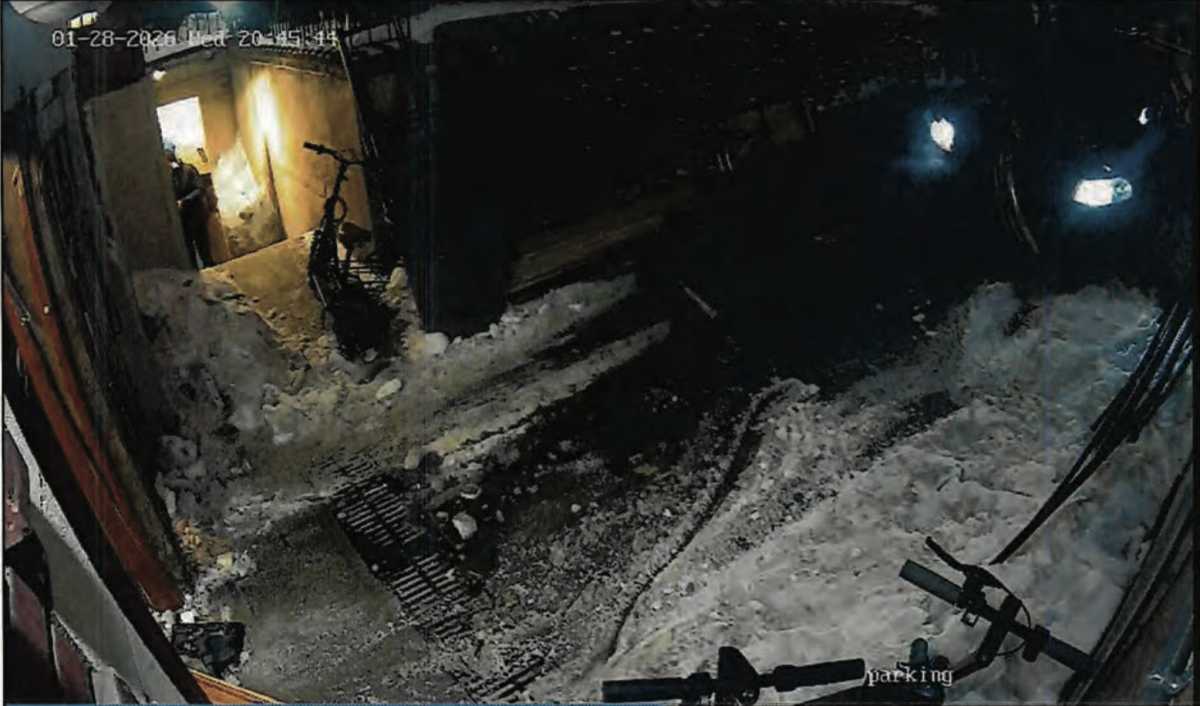What goes around, comes around — or so they say. Or, as my friend Jenny Douglas, a Park Sloper and one of the creators and coordinators of KarmaTube.org, says, “Light begets light.”
KarmaTube is the latest user-generated content Web site, like YouTube, where viewers provide the videos. But that’s where the resemblance ends. KarmaTube’s videos are meant to inspire change and spread some good around. Apparently it’s really caught on — launched last January, KarmaTube already has more than 10,000 subscribers.
KarmaTube is run on a completely volunteer basis and operates with zero budget. This, Douglas tells me, is part of the beauty of the organization. It is all about service and creating good karma.
Talking to Douglas got me thinking about karma, and how it appears here in my own neighborhood of Park Slope. In fact, right across the street from where I was having coffee at Ozzie’s, I found my first example. There was the grand opening of Mandala Tibetan Store, which sells Tibetan jewelry, fabric goods and artworks. That storefront had been empty for a few weeks, after the shoe store, which had been there for years, closed.
It turns out that the owner of the building is allowing Mandala to try its hand at success at a sharply reduced rental rate while he continues to look for a permanent tenant.
Now that’s creating good karma!
Of course, there are plenty of examples around here of not-so-good karma, too. How about building a Whole Foods on a toxic site? Bad karma. Allowing the fence to fall in, making it possible for neighborhood kids to play in the construction site — very bad karma.
What about all the children’s clothing stores on Seventh Avenue that shut down early on Halloween, refusing to take part in the annual Slope tradition of giving out candy? Bad karma.
Baking dozens of bright orange bagels for Halloween? Good karma! (Unless, of course, you worry about having your kids eat all that dye. Hmm … well, so-so karma for La Bagel Delight.)
Parking in front of someone’s private garage — bad karma, definitely. Putting a note on your windshield with your cellphone number on it in case the garage owner needs you to move? Still not exactly good karma — but better.
Asking people to contribute used books for charity? Good karma. Getting upset when you get too many? Bad karma.
Letting homeless guys sleep on the steps of your church? Good karma. Watching the situation get out of hand and asking them to leave? Yipes — now I’m stuck.
It looks like trying to be the neighborhood karma arbiter isn’t as easy as I thought it would be. I suspect I may simply be confusing good karma and bad karma with what I approve of and don’t approve of.
So I asked Douglas what the karma in KarmaTube all about.
“Karma is a Sanskrit word that means action,” she told me. “Everything we do actively contributes to our past, present, and future experiences.” The cause and effect nature of this definition is not about what is good or bad. And, then there is that business about how doing good leads to more good.
I had hoped for a more distinct definition to guide me in my karma scoring. Worse, I am horrified to realize that if I am too reckless with my “bad” karma labels, I myself may be creating bad karma!
OK, maybe the storeowners of all those children’s clothing stores have kids of their own to take trick-or-treating. Maybe that person who parked in front of my neighbor’s garage was responding to an emergency. And maybe we aren’t doing those homeless men any favors by letting them sleep on church steps and giving them money. Perhaps that keeps them from seeking the help they really need.
It’s a tricky business, that karma thing.
























